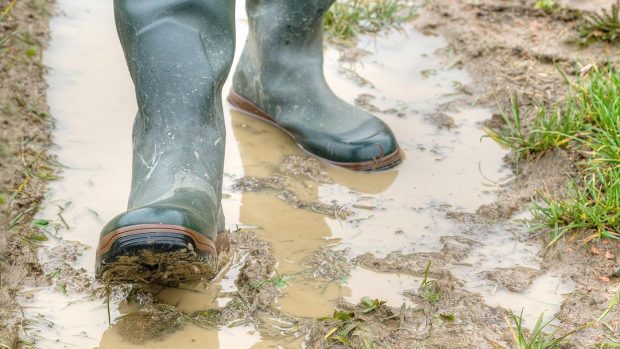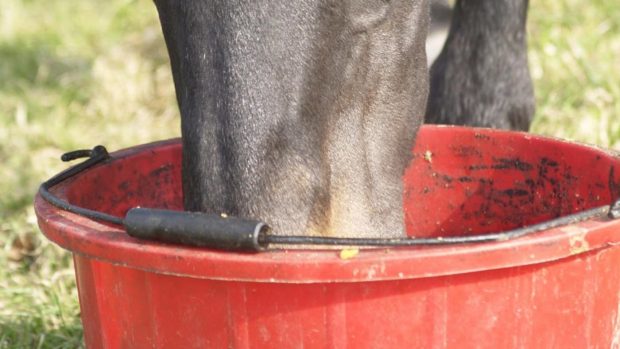Horse owners are being warned to brace themselves for higher feed prices this winter, following the worst harvest for 20 years.
With wheat yields down by as much as 14% in parts of the country, the cost of cereal crops has rocketed. Grain costs have also been driven up by droughts in the USA and Russia.
“It is definitely going to have an impact on riders’ feed bills,” said Emma Penny, editor of Farmers Guardian.
“It has been so wet that quality has been affected really badly. This year’s crops are very light in terms of bushel weight.”
The price of soya — much of which is grown in the American Midwest — has also risen dramatically because of drought. Manufacturers are currently paying about £400 per tonne. This time last year the price was £280 a tonne.
H&H spoke to several British feed manufacturers. All were gloomy about the effects of wholesale prices on their businesses and some warned that further price increases were likely.
Robert Clegg, commercial director of Spillers, said they had seen a 30% rise in wheat prices since the spring. The situation for proteins and soya was “also very tight”, due to global demand for the products.
“Undoubtedly we will experience higher feed prices during the winter, as the higher cereal and protein prices are passed on through the food chain,” he added.
Spillers is not planning to put prices up at the moment.
Paul Ainsworth, founder of Sussex-based Falcon Equine Feeds, said the wet summer had dramatically affected the quality of crops.
“We have been very careful and have bought the quality stuff — and that has an impact [financially],” he said.
Falcon had a small price increase at the start of October, of around 30p on a 20kg bag.
Mr Ainsworth told H&H he was doing his best to absorb costs rather than pass them on.
“We are trying to look after our customers, but this is only going to go one way — all raw materials have gone up and are looking like they will keep going up,” he said.
He is hoping that savvy buying decisions will help to keep the cost to the customer stable.
In early September when the shortages were becoming apparent, he opted for a strategy of buying at a fixed price for the next few months.
“It is always a bit of a gamble, but it’s looking like the right decision,” he said.
Allen & Page also put its prices up. On 1 September a 20kg bag rose by 20p.
“Prices hadn’t changed since February 2011, which is down to good buying decisions,” said marketing manager Clara Baillie-Lane.
“But we may have to have a further small increase, possibly this winter.”
But for smaller feed merchants, the strategy of “buying forward” is not an option.
Balanced Horse Feeds of Chessington, Surrey, sells most of its products locally. Prices went up on 1 September for the first time in 18 months — by around £1 for a 20kg bag.
“We absorbed the increases for as long as we could, until we were almost making a loss on bags of food,” said the company’s marketing manager Becka Foster.
“We are hoping not to have to put prices up again for six months, but we cannot anticipate our suppliers’ costs — and we don’t get a great deal of warning,” she added.
H&H also contacted Dengie and Dodson & Horrell, who did not wish to comment on the likelihood of price increases.
Dengie did, however, stress that the home-grown alfalfa used in its feeds was “hardy and resilient” and could be harvested several times a year — reducing the company’s reliance on imported raw materials.
But with the wet weather continuing into the autumn, concern is now turning to the planting of next year’s harvest.
In many places, the ground is so wet that farmers are having problems drilling wheat.
But Jane Buchan of Baileys warned that a good harvest in 2013 may not halt the spiraling cost of cereals.
“People think maybe next year we’ll have a bumper harvest and wheat prices will plummet,” she said.
“But when oil prices come down, the price of petrol doesn’t drop.”
This news story was first published in the current issue of H&H (25 October 2012)




